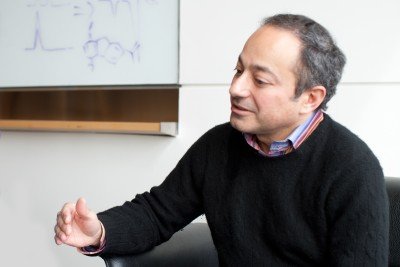
Cancer experts have long known that virtually all cancers – regardless of the location of the primary tumor – have the ability to metastasize, or spread, to distant parts of the body. The lungs, bones, and liver are some of the more common sites of metastasis. But little is known about the biological mechanisms that fuel this spread of cancer cells.
Now, a team of scientists from Memorial Sloan Kettering reports on recent findings from research in mice that provide new understanding about why breast cancer might spread to the lung. The investigators found that some breast cancer cells are dormant – meaning the cells are not dividing and are clinically undetectable – upon migrating to the lung, but may eventually start dividing to generate a new tumor. Their reactivation occurs as the cells produce and secrete a protein called Coco. This protein shuts down BMP, a protein that is produced by healthy lung cells and serves as an antitumor signal, preventing cancer growth.
Preferred Metastasis Sites
In laboratory experiments, the researchers stopped breast cancer cells from producing Coco and showed that this caused the cells to become dormant once more. The investigators note that these breast cancers rarely spread to the brain or bone – organs that do not produce the antitumor protein BMP.
“These findings suggest that different cancers may have preferred metastasis sites, which are dictated by the proteins its tumor cells produce. It’s possible that each organ has its own antitumor protein similar to BMP,” said cell biologist Filippo Giancotti, who led the study published in the August 17 issue of the journal Cell.
Next Steps
“Eventually, we may be able to identify and test for Coco-like tumor proteins, which could help predict if, when, and in what organ a cancer might metastasize,” he said. “In the future, it could also lead to the production of drugs that suppress Coco-like tumor proteins and possibly help prevent metastasis.”
The next step for Giancotti’s team is to develop a way to block Coco’s ability to inhibit BMP, with the goal of developing a therapy to prevent the spread of cancer from the breast to the lung. One way to achieve this may be through the generation of monoclonal antibodies, which are proteins engineered to attach to other proteins and block their function.
